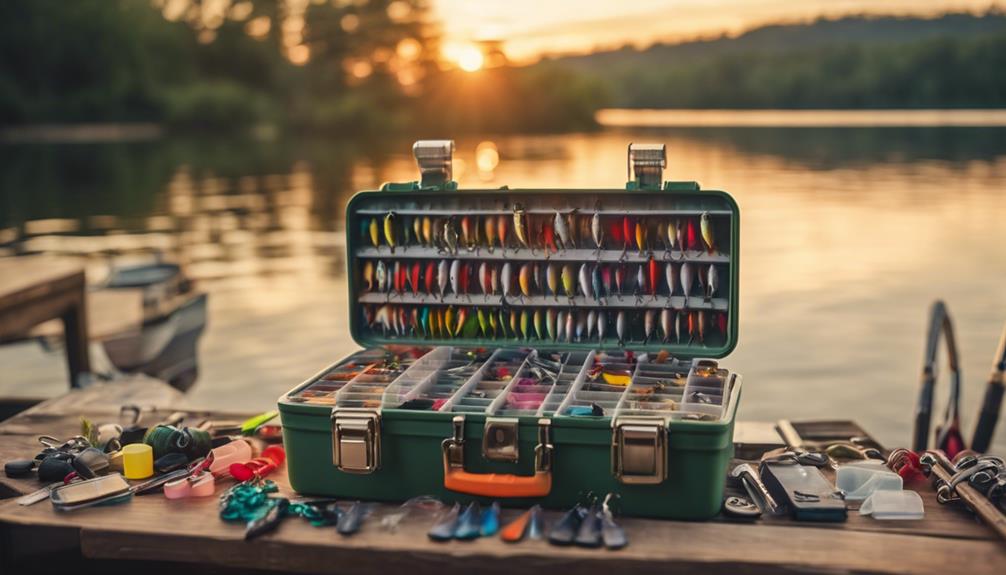Fishing is a beloved pastime for many, providing relaxation, adventure, and a connection to nature. However, before you grab your rod and tackle box, it’s essential to understand the regulations surrounding fishing, particularly regarding whether a fishing license is required. This guide will navigate the often-confusing waters of fishing licenses, ensuring you’re well-informed before you cast your line.
The Importance of a Fishing License
A fishing license is more than just a piece of paper; it represents a commitment to responsible fishing practices and conservation efforts. The primary purpose of a fishing license is to regulate fish populations and protect aquatic ecosystems. Without proper regulation, overfishing can lead to the decline of fish species, disrupt local ecosystems, and diminish the fishing experience for future generations. By obtaining a fishing license, anglers contribute to these conservation efforts, ensuring that fish populations remain sustainable and healthy.
Who Needs a Fishing License?
In most jurisdictions, anyone who intends to fish in public waters is required to have a fishing license. This includes individuals of all ages, although some places offer exemptions for children or seniors. It’s vital to check your local regulations, as the specific requirements can vary widely from state to state or country to country. For example, some states may require licenses for freshwater fishing but not for saltwater fishing, while others might have a combined license for both.
Types of Fishing Licenses
Fishing licenses come in various forms, each catering to different fishing needs and preferences. Common types of fishing licenses include:
1. Resident Licenses: Available for individuals who reside in the state where they intend to fish.
2. Non-Resident Licenses: Designed for individuals visiting a state and wanting to fish there.
3. Short-Term Licenses: Perfect for tourists or occasional anglers, these licenses are usually valid for a few days.
4. Lifetime Licenses: A one-time purchase that allows anglers to fish for life without needing to renew annually.
Understanding these options helps anglers choose the right license for their fishing habits, ensuring compliance with local laws.
Where Can You Get a Fishing License?
Obtaining a fishing license has become increasingly convenient. Most states offer multiple avenues for anglers to acquire their licenses, including:
– Online: Many state wildlife agencies have websites where you can easily purchase a fishing license from the comfort of your home.
– In-Person: Licenses can often be obtained at local fishing supply stores, sporting goods retailers, or government offices.
– Mobile Apps: Some states have developed mobile applications that allow users to buy licenses and even check regulations on the go.
Regardless of how you choose to purchase a fishing license, always ensure you’re doing so through official channels to avoid scams or unauthorized sellers.
Exemptions and Special Regulations
While fishing licenses are generally required, there are circumstances where exemptions may apply. Some states offer free fishing days, usually during certain weekends, where no license is required to fish. Additionally, certain groups, such as veterans, seniors, or individuals with disabilities, may qualify for discounted or free licenses. It’s crucial to familiarize yourself with the specific regulations in your area, as these exemptions can vary significantly.
Consequences of Fishing Without a License
Fishing without a license can lead to serious repercussions. Penalties for fishing without a valid license typically include fines, confiscation of fishing gear, and even criminal charges in severe cases. The fines can range from a small fee to hundreds of dollars, depending on the jurisdiction and the frequency of the offense. Additionally, fishing without a license undermines conservation efforts and can lead to stricter regulations in the future. Therefore, it’s vital to ensure you have the appropriate fishing license before you start your fishing trip.
Tips for Staying Compliant with Fishing Regulations
To ensure compliance with fishing regulations, consider these helpful tips:
1. Research Local Regulations: Before fishing, check the local laws and regulations regarding fishing licenses, catch limits, and seasonal restrictions.
2. Keep Your License Accessible: Always carry your fishing license with you while fishing, either in physical form or digitally on your mobile device.
3. Stay Informed: Regulations can change, so stay updated on any changes in fishing laws in your area.
4. Follow Best Practices: Adhere to catch limits, size limits, and seasonal closures. This not only keeps you compliant but also promotes sustainable fishing.
By following these tips, you can enjoy your fishing experience while adhering to local laws and regulations.
Conclusion: The Necessity of a Fishing License
In summary, understanding whether a fishing license is required is crucial for any angler. Not only does a fishing license ensure you are fishing legally, but it also supports conservation efforts that protect fish populations and aquatic ecosystems. By obtaining the appropriate licenses, understanding the types available, and familiarizing yourself with local regulations, you can enjoy your fishing adventures responsibly. So, before you head out for your next fishing trip, make sure you have your fishing license in hand—it’s a small price to pay for a day of enjoyment on the water. Happy fishing!
